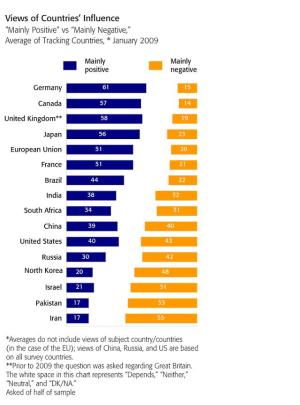The likes of Mr. Rich, the New York Times columnist, are scratching their heads trying to figure out what they would do to stop the meltdown of the financial system. And of course since they can’t figure out a solution they believe President Obama must be in an equal bind. To quote from Mr. Rich’s recent article, The Ecstasy and the Agony, “Therein lies the Catch-22 that could bring the recovery down. As Obama said, we can’t move forward without a functioning financial system. But voters of both parties will demand that their congressmen reject another costly rescue of it. Americans still don’t understand why many Wall Street malefactors remain in place or why the administration’s dithering banking policy lacks the boldness and clarity of Obama’s rhetoric.”
Given Mr. Obama’s moves to fundamentally restructure the American social and economic landscape, I believe a more likely solution to the banking problems of America is what Theresa Tedasco hints at in her article the “The Great Solvent North.” She points out that the World Economic Forum ranked the Canadian Banking System at # 1 in terms of stability. The Canadian Banking system, in short, is five large banks that are very carefully regulated by the Government and prevented them from taking huge risks and securitizing their loans. And because it was only five banks it was easy for the regulators to regulate.
I think President Obama, more than to shake Mr. Harper’s hand, went to Canada to learn from the Federal Regulators how to manage banks and save them from themselves. President Obama and Mr. Volcker, former chairman of the Federal Reserve, both have talked up the virtues of the Canadian system.
If President Obama is seriously considering the Canadian model, the interesting part will be of course the journey — the transition from thousands of banks in the US to only five to ten consolidated banks. I watch the next year with baited breath.
Filed under: Economics | Tagged: banks, Barack, barackobama, Canada, Economics, economy, Finance, Frank Rich, new york, NYT, Obama, president, tedasco, US, USA | 3 Comments »


